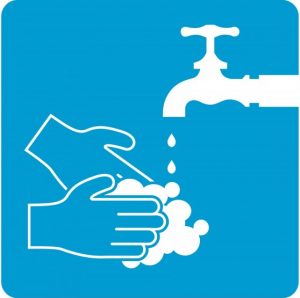 We trust our doctors to repair a torn ACL or to help set a broken bone, and while these intricate and complex operations are often handled with ease, sometimes it’s the simplest things, like washing their hands, that presents the biggest challenge for doctors.
We trust our doctors to repair a torn ACL or to help set a broken bone, and while these intricate and complex operations are often handled with ease, sometimes it’s the simplest things, like washing their hands, that presents the biggest challenge for doctors.
According to new information published in the Association for Professionals in Infection Control and Epidemiology, many medical professionals fail to fully disinfect their hands on a regular basis, and oftentimes whether or not they wash their hands is dependent on if they are being watched. This phenomenon is known as the Hawthorne Effect, and it suggests that people often change their behavior if they know their actions are being observed by others.
To better understand the extent of hand washing in medical settings, researchers recruited five infection prevention nurses known to staff and 15 volunteers who blended in with staff to observe hand washing practices in a California hospital over the course of six months. The two groups observed a difference of nearly 30 percent in hand-washing compliance depending on whether hospitals recognized the observer.
Not Washing Enough
Hand hygiene plays a crucial role in preventing infections, especially when you consider that doctors and surgeons are working with open wounds. Also, when you consider the fact that a doctor will see 10-20 patients a day, it’s easy to see how germs and an infection can spread from one patient to another. Because of this, the World Health Organization recommends that a health-care provider wash and disinfect their hands:
- Before and after seeing a patient
- Before any procedure
- After contact with any bodily fluids.
Unfortunately, statistics show that doctors don’t always follow the above protocol. A report from the Center for Disease Control and Prevention uncovered that hospital workers washed their hands on average five times per shirt, and they often failed to disinfection the entire surface of their hands. Only about 40 percent of hospital workers adhered to the WHO hygiene recommendations. ABC News later conducted their own undercover investigation, finding that only 22 of workers met the WHO recommendations when they didn’t realized they were being observed.
The studies suggest that although everyone wants to do a good job, as humans, we often cut corners when we think nobody is watching. Unfortunately, cutting these corners in our profession can lead to an infection or even death for for our patients. We need to do a better job of policing ourselves and our co-workers to ensure we aren’t subjecting patients to unneeded risks simply because we didn’t take 30 seconds to thoroughly disinfect our hands.